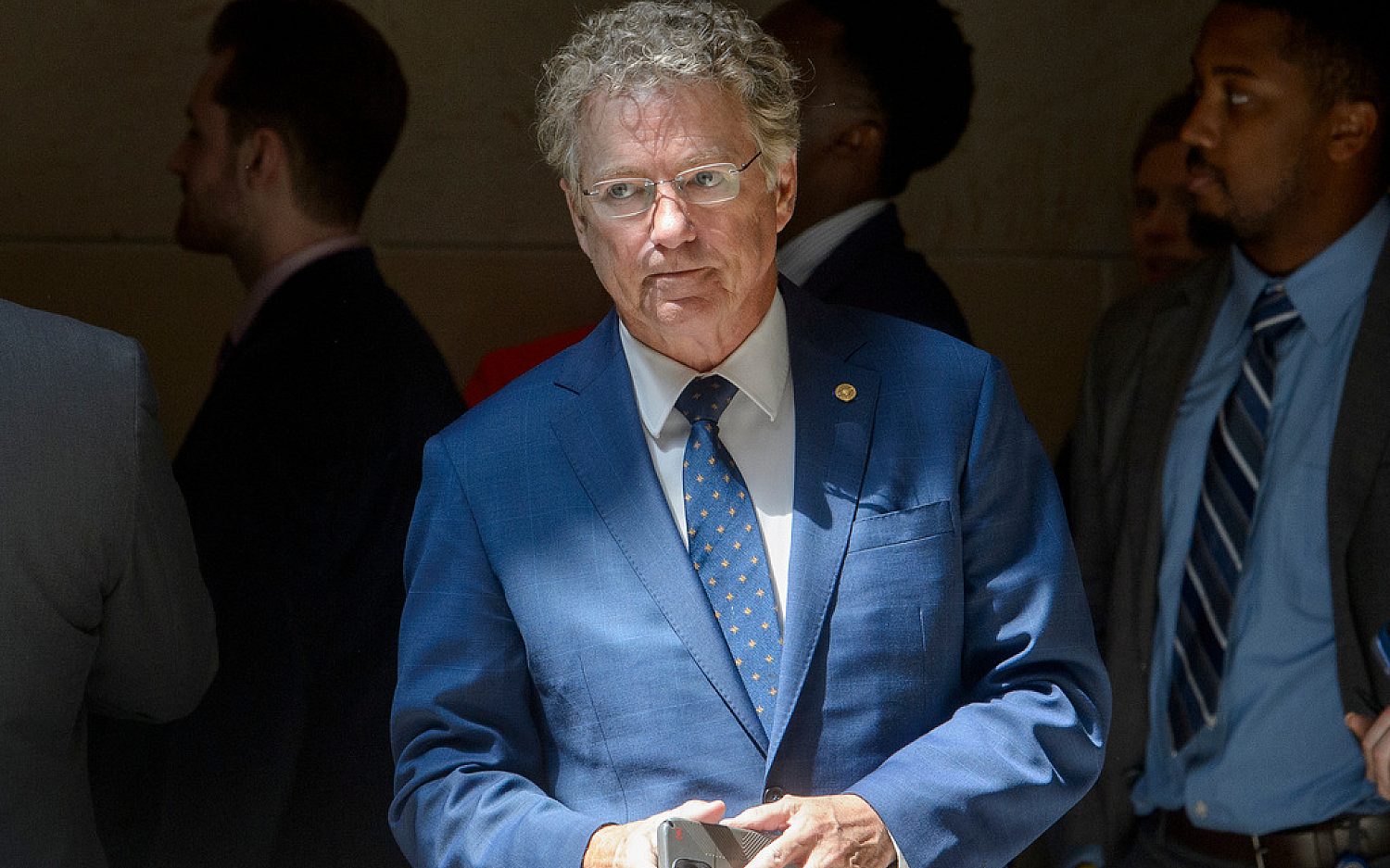Deadlines loom as Congress goes back to work
Fury of September activity includes hot debates over Iran, the budget, and international religious freedom
WASHINGTON—Congress returns today from a five-week recess to face numerous major deadlines in the coming weeks—including several by the end of September. It will have only 10 legislative days to deal with them.
Iran
Topping the list is the Obama administration’s Iran deal, a widely criticized nuclear pact that Congress is poised to vote against. Despite the opposition, President Barack Obama appears to have enough Democratic support to uphold his promised veto.
A bill granting Congress oversight of the deal passed in May with overwhelming support, but a handful of critics accurately predicted it would set a low bar of legitimacy for what many lawmakers consider the most consequential vote of their careers.
“It was unconstitutional,” said Rep. Dave Brat, R-Va.—one of just 25 House lawmakers who voted against the oversight bill—during an August town hall meeting. “Ultimately it will only take one-third of the Senate to pass, when the Constitution says treaties should have two-thirds approval from the Senate.”
The 60-day congressional review period ends Sept. 17. Some Democrats say they will initially vote against the deal to express their discontent, but then plan to uphold Obama’s veto in the subsequent vote.
Budget
Lawmakers have worked on a variety of budget-related legislation, including a major transportation bill and a way to avoid another round of sequestration cuts, but they face a harsh reality on Sept. 30: The government will run out of money. In lieu of a grand bargain, which doesn’t appear imminent, Congress likely will pass a short-term continuing resolution to maintain government spending at current increasing levels to buy itself more time.
“It’s going to take a sense of give and take on both sides,” said Rep. Tom Cole, R-Okla., a member of the Budget and Appropriations committees.
Standing in the way is a growing contingent of conservatives—numbering in the dozens—who say they will not vote for a spending bill that doesn’t redirect Planned Parenthood funding, an issue that sparked nationwide protests in August.
Outside groups are keeping up the pressure. On Thursday, Sen. Rand Paul, R-Ky., who is seeking the Republican nomination for president in 2016, will headline a rally demanding Congress redirect Planned Parenthood funding to women’s healthcare providers that don’t perform abortions. Groups sponsoring the event include: Students for Life of America, the March for Life, Live Action, Americans United for Life, Heritage Action, Christian Defense Coalition, and Women for Quality Healthcare.
Senate Majority Leader Mitch McConnell, R-Ky., has signaled he has no interest in shutting down the government over any issue, including Planned Parenthood funding. He called the defund effort “another issue that awaits a new president.”
Among the other spending-related issues under consideration, Congress will have to increase the government’s borrowing authority before reaching another debt ceiling; extend some 50 tax breaks; pass a defense policy bill that Obama has threatened to veto; and renew the Federal Aviation Administration’s authority to spend money.
The many contentious issues form perhaps the most daunting series of decisions yet during John Boehner’s five-year tenure as Speaker of the House, fueling speculation his speakership could hang in the balance. Last month, Rep. Mark Meadows, R-N.C., filed a motion to vacate the chair—a rare move to show no confidence in the speaker—amid increasing discontent in the Republican conference.
Religious Freedom
Lost in numerous budget crises is the effort to save a commission that international religious freedom advocates say is vital for persecuted minorities abroad.
The U.S. Commission on International Religious Freedom (USCIRF) will shutter at the end of this month if Congress doesn’t act to reauthorize it. Although a long-term reauthorization bill passed the House unanimously last year, it stalled in the Senate after Sen. Dick Durbin, D-Ill., sought to revamp the commission. If history is a guide, Durbin will again employ last-minute tactics to achieve his objectives.
In late August, a large coalition of advocacy groups condemned Durbin’s efforts as “deeply concerning” in a letter to the top members of the Senate Foreign Relations Committee. The groups urged lawmakers to “facilitate the swift passage” of a separate bill that would bolster USCIRF operations and reauthorize it for six years.
The Associated Press contributed to this report.
An actual newsletter worth subscribing to instead of just a collection of links. —Adam
Sign up to receive The Sift email newsletter each weekday morning for the latest headlines from WORLD’s breaking news team.





Please wait while we load the latest comments...
Comments
Please register, subscribe, or log in to comment on this article.